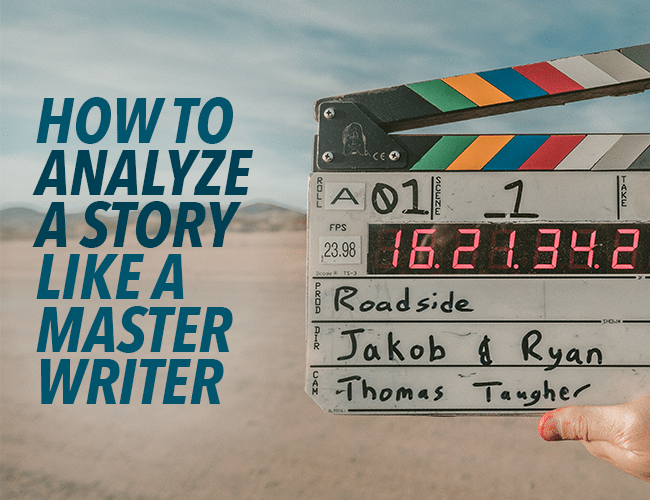
by Sue Weems |
As writers, there is no replacement for reading as a practice to become a better writer, but studying film or television can be just as instructive.
Ultimately we’re building models for our own work by asking one critical question. What if that one question could make you a stronger reader, viewer, and ultimately writer?
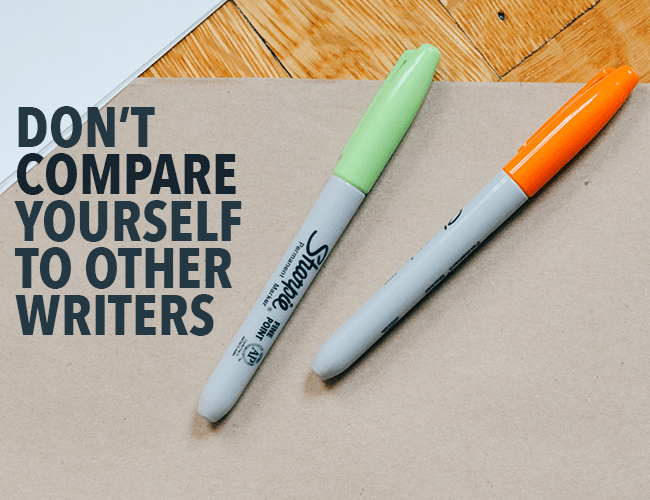
by Pamela Fernuik |
There are stories published in books, and stories that have never been published. There are stories that have been read by more people than live in Kansas* and there are stories that have been read only by you, the writer. Don’t compare yourself to others.
There are also stories that have never been written. Stories only you can tell.
Fiction or nonfiction, the stories you write are unique to your experiences and your creativity. But if you compare yourself to others, you might never write them.
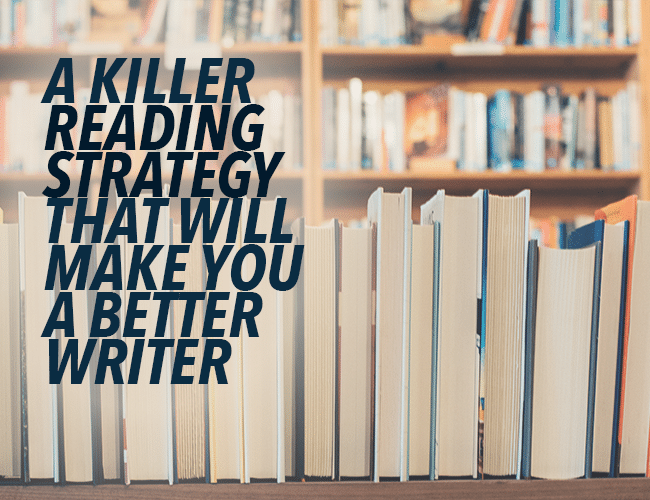
by Guest Blogger |
In his classic memoir On Writing, Stephen King writes, “If you want to be a writer, you must do two things above all others: read a lot and write a lot.” The latter is, of course, what this blog is all about (writing a lot). But I’m convinced that most writers ignore the former: reading a lot. (Or at the very least, they don’t read thoughtfully.)
If you’re like most people, you bounce from book to book haphazardly. What you read from month to month and year to year is simply not something you carefully consider.
But if you call yourself a writer and your goal is to become a better one, you do yourself a great disservice by not reading voraciously and thoughtfully.
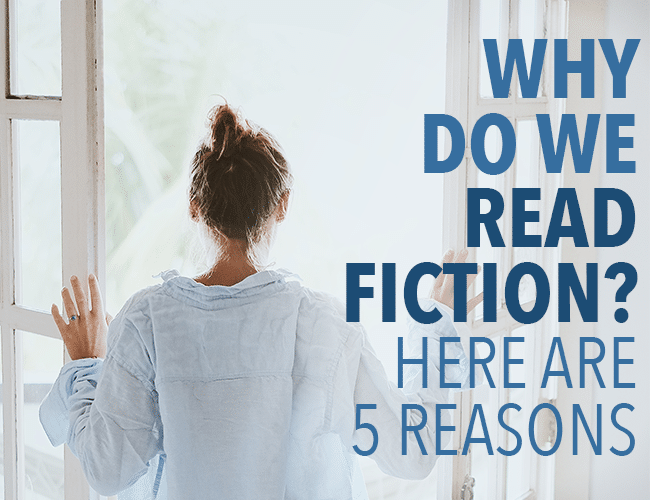
by Monica M. Clark |
My favorite authors are those who obviously care about their readers. They are more concerned with entertaining or teaching than showing off techniques. To my favorite authors, the reader experience is paramount
I want to emulate these writers. I want the reader to be my priority as well. To help me better serve my readers, I decided to take a step back and ask—why do readers read? And specifically, why do we read fiction?
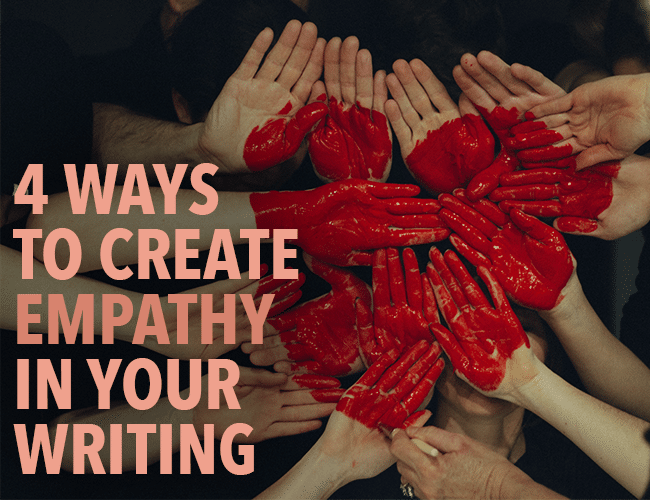
by The Magic Violinist |
With the divisiveness we’ve experienced this election season, I thought we could all use an article about understanding one another. Studies have shown that reading stories allows us to be more empathetic. We learn all sorts of new things from reading and “meet” different characters we then come to understand through their thoughts and actions.
This happens naturally, but there are a few extra steps you can take to create more empathy in your writing that will not only help you understand your characters better, but will also help you to better understand the people around you.
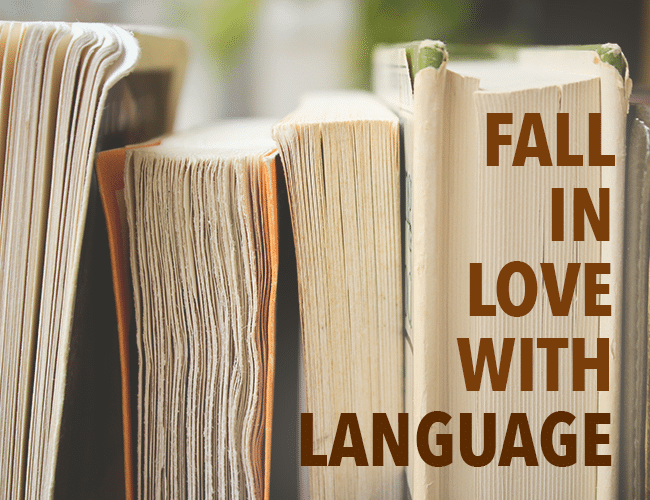
by Ruthanne Reid |
English is so weird.
No, really. We only have 26 letters and a hodgepodge vocabulary that seems to make fun of itself. We use insane spelling and restrictive grammar that make no logical sense. I once heard the joke that English doesn’t “borrow” from other languages; it follows them into dark alleys, knocks them out, and takes their wallets.
Yet somehow, we use this cockamamie language to create beauty and power, to communicate multi-layered concepts and share one another’s lives. We use our broken, Frankensteinian tongue to reshape entire world views, to give hope, and to create empathy. That’s why, in spite of its flaws, I love it.
If you’re going to be a writer, you need to learn to love it, too—even when it drives you crazy.





